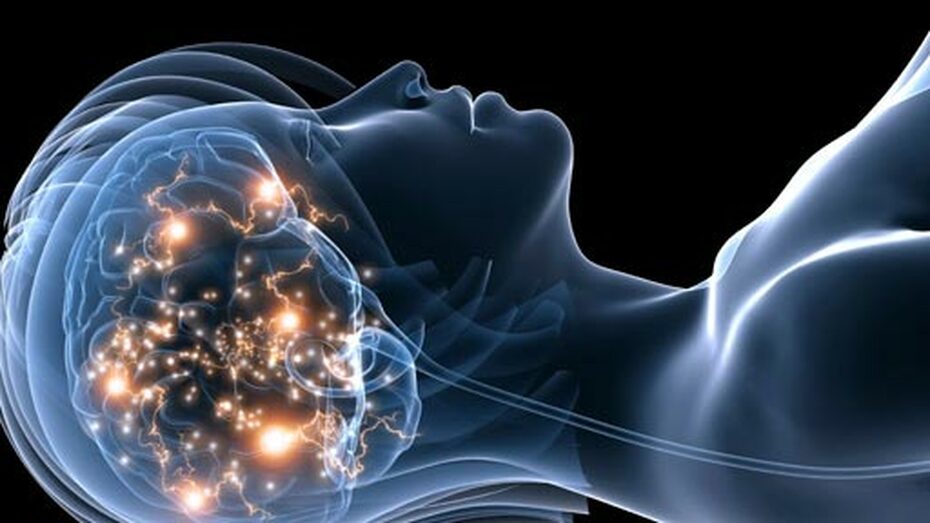SLEEP
Why is sleep important for your brain?
BY Sakatta Inc.
|
January 29, 2022
Share


Your brain is the most complicated part of your body. It houses all of the necessary functional capability to be human. It is studied in three different parts, the forebrain, the midbrain, and the hindbrain. There are several different parts of the brain at play when dealing with sleep.
- the hypothalamus is a small structure located deep inside the brain (inner brain located in hind-brain) that contains groups of nerve cells that are responsible for controlling sleep and arousal.
- Within the hypothalamus is the suprachiasmatic nucleus (SCN) which monitors the information received about light exposure coming from the eyes helping to control your behavioral rhythm.
- The brain stem is located at the bottom of the brain and sends signals to the hypothalamus to allow the transition between being asleep and being awake.
By working together, sleeping activating cells produce chemical hormones to help slow down activity and response. The brain stem is responsible for creating signals that tell our muscles to relax during REM sleep or the dream state, so that we do not physically react to what we are dreaming.
- The cerebral cortex is the protective outer layer of the brain that processes information from short to long term memory.
- During the early stages of sleep, it sends signals to the thalamus to become slightly inactive so that we drown out external noise and movements.
It becomes reactive during REM sleep which creates the images, sounds, and even feeling we sometimes experience once dreaming. The brain works with both our nervous and endocrine system.
- The pineal gland, which is found in the center between the left and right side of the brain produces melatonin which is the hormone primarily responsible for allowing us to drift asleep.
- Another chemical released that helps with our sleep is the hormone adenosine which assists in keeping us asleep.
The active ingredient in caffeine blocks our receptor to this chemical which is why it helps us to stay awake.
Though your brain is constantly functioning to assist in sleep, it also benefits tremendously from rest. When we sleep our brain is able to remove toxins from itself. When we are sleep deprived, our brain cells operate at a much slower rate making it harder to concentrate. Our vision is also significantly impaired. It takes longer for our brain to process information signals which in turn makes us feel sluggish. Sleep deprivation has been compared to being drunk.
RECENT ARTICLES
Sleeping Patterns In School-Aged Children
When it comes to sleep, no matter what age, it is a vital aspect to our daily lives that we mainly underestimate, don’t notice, or pay poor attention to. Children within the ages...
READ MORE17 Reasons Why Your Baby Isn’t Getting Enough Sleep
Here is a list of the main reasons you need to put your baby to sleep: Bedtime Too Late - Baby’s will feel restless and cranky if they are overtired and it will be much harder...
READ MORELearning to sleep - Train your baby
Sleep training is the process of teaching your baby how to fall asleep and stay asleep at bedtime. As they grow, your goal is to have them fall asleep with your touch, your...
READ MORE



